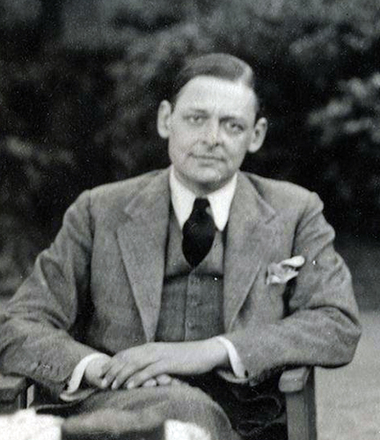Here's what I've learned about the next generation

By Sam Pollak, CNHI News Service
“I see no hope for the future of our people if they are dependent on frivolous youth of today, for certainly all youth are reckless beyond words. ... When I was young, we were taught to be discreet and respectful of elders, but the present youth are exceedingly (disrespectful) and impatient of restraint.”
That little tantrum came from the 8th century B.C. poet, Hesiod, who while perhaps more eloquent than today’s “Hey, you kids, get off my lawn!” senior citizens, despaired for the future of his country.
Somehow, despite Hesiod’s misgivings, Greece survived for another 200 years before the philosopher Socrates — according to his pupil Plato, weighed in about the juvenile delinquents of his day.
“Our youth now love luxury. They have bad manners, contempt for authority; they show disrespect for their elders; … they contradict their parents, chatter before company; gobble up their food and tyrannize their teachers.”
As it turned out, the authorities felt that old Socrates was more a threat to the youngsters than vice versa. He was tried and convicted on — among other accusations — a charge of corrupting the morals of Athenian youth. When offered a cup of hemlock, he willingly drank it, possibly believing that death was preferable to having to put up any longer with all those rotten kids.
Folks hear a lot nowadays about how clueless today’s young people seem to be. I know this to be true because a lot of what those within earshot are hearing comes from me.
Society has dubbed those born between about 1980 and 2000 as “Generation Y” or “Millennials.”
It’s beyond foolish, of course, to categorize Millennials or any other age group as one monolithic entity, all with the same characteristics without exception for individuality. But somehow that realization hasn’t stopped me from every now and again making portentous, unflattering pronouncements about all these people who will outlive me. Among those sentiments are these:
• They know little about history, certainly less than my generation does. If it didn’t happen to them and doesn’t affect them directly, what’s the use of knowing much, if anything, about it?
• Grammar and spelling mean nothing to them. As long as whoever it is they’re texting can figure it out, why fret about what’s in the dictionary?
• They will go on job interviews in casual clothing accentuated with rings in their noses, figuring that if a prospective employer doesn’t like it, that’s just too bad for the prospective employer.
• They don’t seem to think that getting a semi-permanent job, buying a house, getting married and having kids looks like it would be much fun, so they don’t do those things.
• They find politics boring, and newspapers and TV news more boring than politics. They figure if something important is going on, they’ll find out about it ... eventually ... somehow.
Want to know what else I’ve discovered about the Millennials?
They are better than we are.
I mean it. They are better people, smarter, far more tolerant of those with different-colored skin and more accepting of inter-religion and inter-racial relationships than my generation.
If someone is gay or lesbian or transgender, they’re cool with that. They’re also cool with women being in leadership roles and don’t look upon Hispanics and blacks and Asians as being inferior.
They don’t know any jokes that begin with “a Jew and an Irishman walk into a bar ...”
They are less religious, but more “spiritual” than their mothers and fathers and seem to have far less guilt about how they live their lives.
How did they come to this “I’m OK, you’re OK” existence? Maybe it was watching “Sesame Street” or “Mr. Rogers’ Neighborhood” when they were little, I don’t know. What I do know is that I find myself incredibly, refreshingly optimistic about this next generation.
Yes, for certain, there are and always will be children who grow up infected by the prejudices of their parents and will grow up to be the sad inheritors of all our irrational hatred and suspicion. But their numbers are fewer and will get fewer still.
In 1948, the poet T.S. Eliot said: “We can assert with some confidence that our own period is one of decline; that the standards of culture are lower than they were 50 years ago; and that the evidences of this decline are visible in every department of human activity.”
That group T.S. was moaning about turned out to be what has become acknowledged as “The Greatest Generation.”
From where I stand, the Millennials are going to be even greater. I wish I could be around to see how they turn out.
Sam Pollak is the editor of The Daily Star. He can be reached at spollak@thedailystar.com.
October 9, 2013





